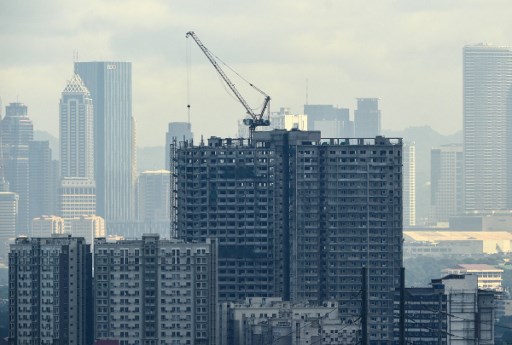
/ AFP/
MANILA, Philippines (AFP) — The Philippine economy was one of Asia’s best performers in the first quarter of 2018, data showed Thursday, but the strong growth has fuelled speculation the central bank will be forced to lift interest rates.
The 6.8 percent expansion, which tied it with China and was only eclipsed by Vietnam, was boosted by a surge in government spending under President Rodrigo Duterte.
Philippine growth, which was four percentage points higher than the same period last year, has now come in at 6.5 percent or better for 10 successive quarters.
“The Philippines remains one of the best performing economies in the region,” Economic Planning Secretary Ernesto Pernia told reporters.
“If not for the… increase in inflation, real GDP (gross domestic) growth could have been closer to the high end of our growth target of 7.8 percent,” he added.
As part of his “Build, Build, Build” initiative, Duterte has pushed spending to a record high.
He is taking aim at bridges and public transit in a drive to unclog Manila’s notorious traffic, while also building another international airport north of the capital.
However, inflation is at a five-year high of 4.5 percent and the central bank is expected to step in to bring it under control, with eyes on a policy board meeting later Thursday.
Its benchmark interest rate is at a record low of three percent.
Capital Economics analysts warned rising prices, along with weak export growth and sluggish investment pose a risk to the high-growth trajectory.
“Looking ahead, while we expect the Philippines to remain one of the fastest growing economies in the region, growth in 2018 is unlikely to match the 6.7 percent expansion seen last year,” it said.
Rising inflation was “likely” to draw a response from the Philippine central bank, it said, but analysts warned a lift could hurt consumer spending.
Pernia said last week that higher inflation was due mainly to the “transitory” impact of a major tax reform law passed last year that jacked up fuel, alcohol and beverage products.
However, he said this should “taper off over the coming months.”
© Agence France-Presse







